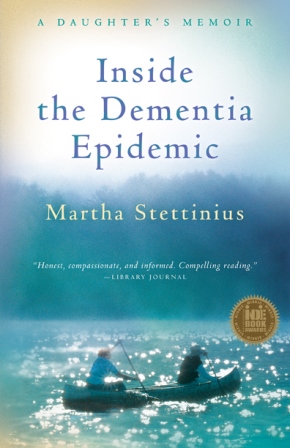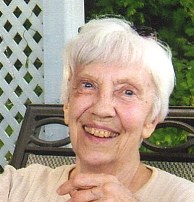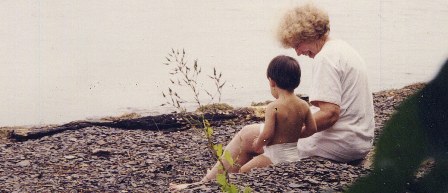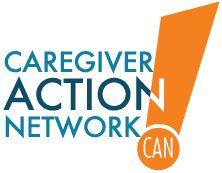A New Book I Highly Recommend: "The Caregivers"
 Thursday, February 27, 2014 at 08:14PM
Thursday, February 27, 2014 at 08:14PM  A brand-new book, "The Caregivers: A Support Group's Stories of Slow Loss, Courage, and Love," by journalist Nell Lake (Scribner, Feb. 2014), is one of the best books I have read about what life is really like for family caregivers. For those of us who are already caring for a family member or friend, the book provides reassurance that our experiences and feelings are normal. For those who have not yet been “called,” it’s a book of great depth and spirit that will light the way ahead.
A brand-new book, "The Caregivers: A Support Group's Stories of Slow Loss, Courage, and Love," by journalist Nell Lake (Scribner, Feb. 2014), is one of the best books I have read about what life is really like for family caregivers. For those of us who are already caring for a family member or friend, the book provides reassurance that our experiences and feelings are normal. For those who have not yet been “called,” it’s a book of great depth and spirit that will light the way ahead.
Lake observes the members of a caregiver support group at her local hospital, following their stories as they unfold over two years. She is interested in writing a book about caregiving partly because her maternal grandmother, who was diagnosed with cancer in her late 70s, committed suicide rather than “lose control” of her life and be dependent on others. Lake’s own mother is still vital and independent, but Lake wants to learn more about caregiving so she can find ways to navigate her relationship with her mother if her mother needs care. Lake is also aware that, with more people living longer, providing quality, affordable long-term care and support for family caregivers is one of our greatest public health issues.
 Nell Lake, author of "The Caregivers"Led by a social worker, the support group reflects the surrounding community: white and mostly middle-class. (Lake acknowledges the inherent limitations of that fact.) As Lake observes the group, she becomes like a caregiver herself, visiting the group members in their homes and their loved one’s facilities, and sharing in some caregiving tasks. She comes to know the families like a friend, and the resulting stories are deeply moving, as engrossing as a well-wrought novel.
Nell Lake, author of "The Caregivers"Led by a social worker, the support group reflects the surrounding community: white and mostly middle-class. (Lake acknowledges the inherent limitations of that fact.) As Lake observes the group, she becomes like a caregiver herself, visiting the group members in their homes and their loved one’s facilities, and sharing in some caregiving tasks. She comes to know the families like a friend, and the resulting stories are deeply moving, as engrossing as a well-wrought novel.
Read the rest of the review on caregivers.com.



















